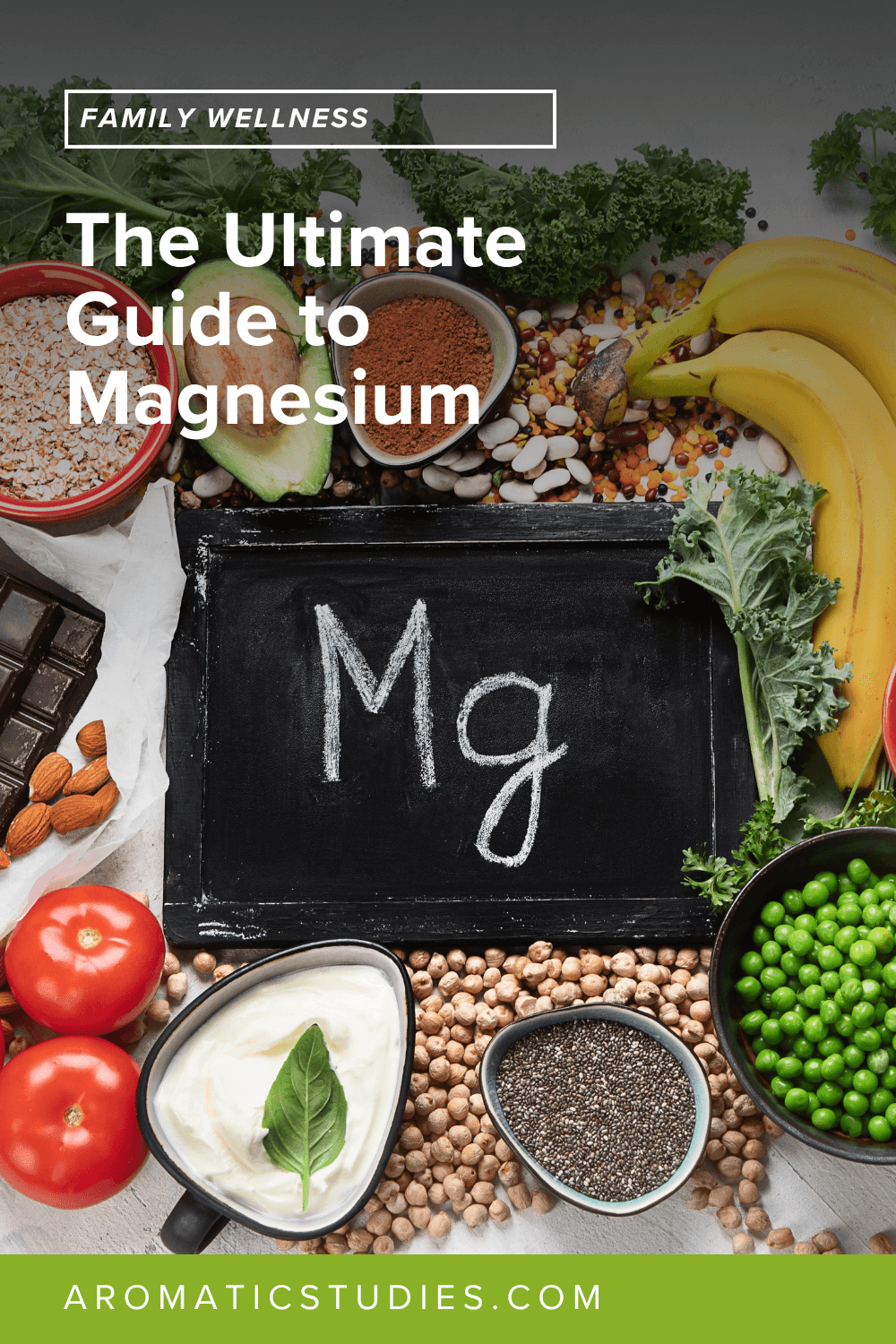Different Types of Magnesium: Which One Is Right for You?
Not all magnesium supplements are created equal. The form of magnesium you choose can significantly impact how well your body absorbs and uses it.
Magnesium Glycinate** – The Gentle Champion
Bound to the amino acid glycine, this form offers excellent absorption with the lowest likelihood of causing digestive upset. Research shows good bioavailability and it’s particularly beneficial for nervous system support.
Magnesium Taurinate – The Heart Helper
Bound to the amino acid taurine, this form may be especially beneficial for cardiovascular health and sleep support, thanks to taurine’s calming effects.
Magnesium Orotate – The Cellular Powerhouse
Bound to orotic acid, orotates can penetrate cell membranes effectively, with studies focusing primarily on heart health benefits.
Magnesium Malate – The Energy Supporter
Research shows this form can reduce muscle pain and may support energy production at the cellular level, making it ideal for those dealing with fatigue or fibromyalgia.
Magnesium L-threonate – The Brain Booster
This newer form shows promise for memory and brain function with potentially high bioavailability.
Other Forms
- Magnesium Oxide: While inexpensive, it has low bioavailability (around 20-30%) and is more likely to cause digestive upset.
- Magnesium Sulfate (Epsom Salts): Generally used topically rather than internally due to its strong laxative effect.
Oral vs. Transdermal Magnesium: What the Research Shows
The question of whether magnesium can be absorbed through the skin has generated interest in the wellness community, though the scientific evidence remains limited.
Oral Magnesium Supplementation
Taking magnesium by mouth remains the gold standard for increasing your body’s magnesium levels. The effectiveness of oral magnesium supplementation for treating magnesium deficiency is well-established. Small studies suggest that magnesium in aspartate, chloride, citrate, and lactate forms is absorbed more completely than magnesium oxide.
Recommended Oral Dosage: A daily supplement of 200 mg of chelated magnesium (citrate, lactate) is suggested to be likely safe, adequate, and sufficient to significantly increase serum magnesium concentration.
Transdermal Magnesium Application
While the skin acts as a protective barrier, some people report benefits from topical magnesium applications. The research on transdermal absorption is still developing, with most studies showing limited penetration through intact skin.
Potential Benefits of Topical Use:
- Direct muscle relaxation at the application site
- May provide localized relief
- Bypasses digestive system
- Can be soothing for localized muscle tension
Practical Application: Epsom salt baths using 1-2 cups of salts in warm water, or applying magnesium chloride oil directly to the skin.
The Bottom Line on Absorption
While topical magnesium may provide some benefits, particularly for localized muscle relaxation, oral supplementation remains the most reliable and well-researched method for addressing systemic magnesium deficiency. Consider topical application as a complementary approach rather than a replacement for oral supplementation.


